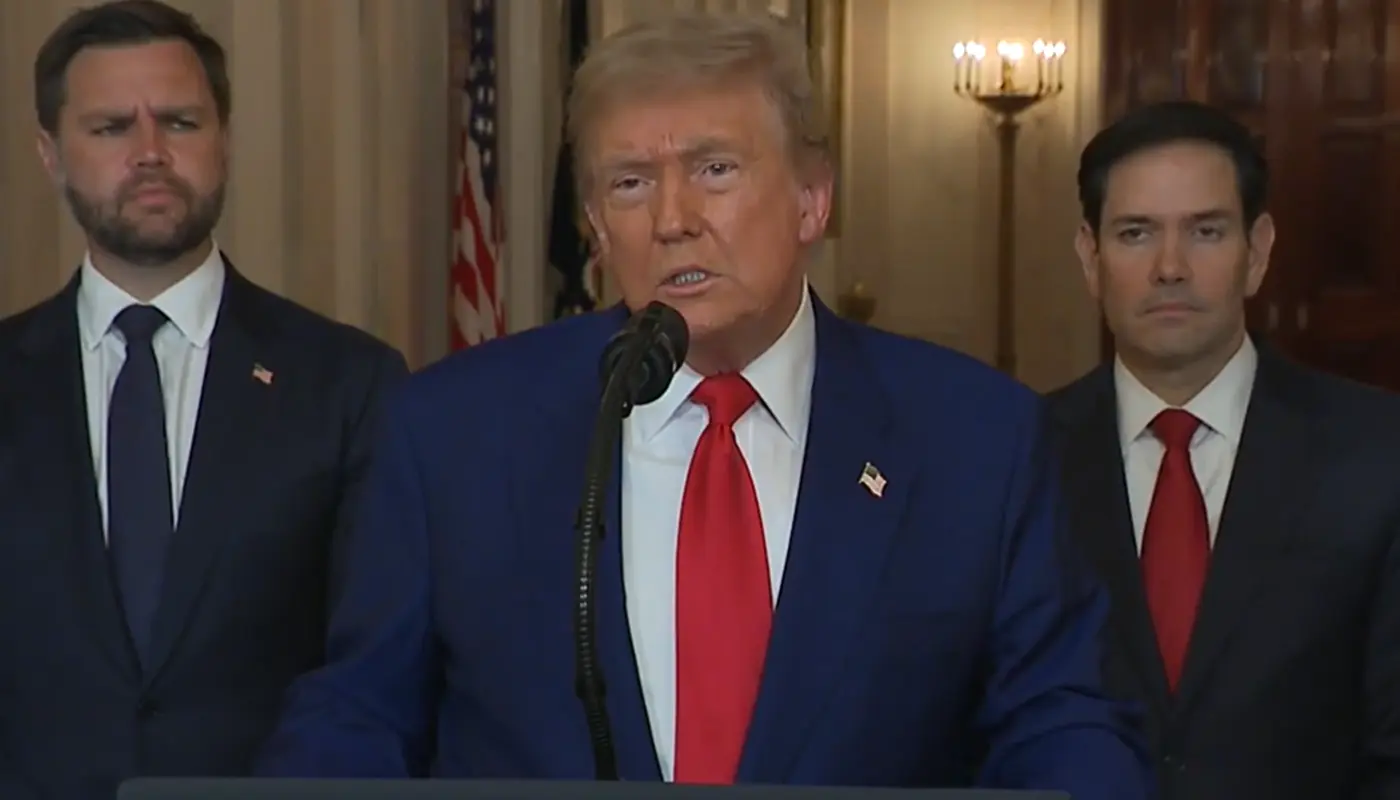President Donald Trump’s announcement of an approximately 100% tariff on imported computer chips and semiconductors, with potential exemptions for companies that commit to build in the U.S., has prompted widespread confusion across the tech industry and global trade community.
Unclear Scope and Exemptions
The policy’s vague phrasing—especially regarding what counts as sufficient commitment to U.S. manufacturing—has left many businesses in limbo. Limor Fried, founder of Adafruit Industries, said her company is “still waiting for official guidance” to assess cost impacts.
Semiconductor analysts highlight additional ambiguity around whether tariffs apply to individual components within assembled products, such as devices imported from abroad.
Winners and Losers
Wall Street reacted positively to chipmakers like AMD, Intel, Nvidia, and major Asian firms like Samsung and TSMC—who have U.S. manufacturing ties—interpreting them as likely exempt.
Conversely, smaller semiconductor firms in Europe and Asia, which lack U.S. production commitments, are “scrambling to understand the implications.” As Martin Chorzempa from the Peterson Institute put it, many “probably aren’t large enough to get on the map for an exemption.”
Potential Economic Ripple Effects
Observers warn that this dramatic tariff could drive up prices across a range of electronics, vehicles, and appliances, as semiconductors are critical—and costly—components in modern products.
Strategic Implications
This move clearly signals Trump’s “America First” approach—using tariff threats to pressure firms into domestic investment—but comes amid scepticism about whether new U.S. chip capacity can meet demand, especially for AI and consumer electronics.
Sources: Reuters, Associated Press, AP News, Washington Post, The Guardian





